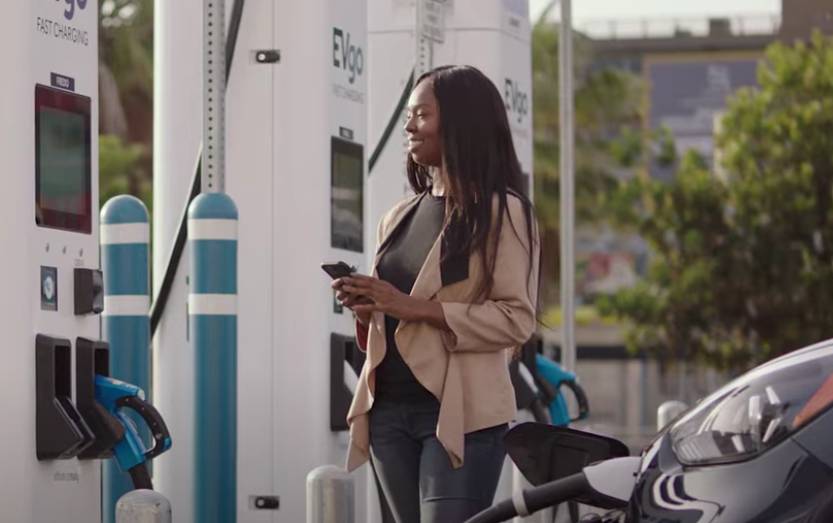Opinion | The author's opinion does not necessarily reflect Sarah Palin's view.
A recent report found that electric vehicles are being driven 20% less than gas-powered vehicles, indicating drivers may be choosing gas over electric.
Range anxiety and lack of charging infrastructure are cited as factors limiting EV use.
“Range anxiety and charging infrastructure are top-of-mind for EV drivers, and those factors likely limit how far owners will drive them,” iSeeCars Executive Analyst Karl Brauer said.
“Hybrids and plug-in hybrids, where all-electric battery range is limited but range anxiety isn’t a factor, are driven only slightly less than gasoline cars, as reflected in their similar yearly mileage.”
Meanwhile, automakers like Mercedes-Benz and Ford have scaled back EV production plans or commitments due to weak sales.
Surveys also show most Americans are unlikely to buy an EV due to concerns about being stranded in severe weather and EV reliability issues.
“In January, Ford Motor Company followed through on plans to scale back production of its all-electric F-150 Lightning pickup truck — cutting it in almost half — over a lack of demand among American consumers,” the report added.
“The average electric car costs $5,108 for every 1,000 miles per year it’s driven compared to $3,056 for a hybrid car, $3,123 for a gasoline car, and $4,351 for a plug-in hybrid.”
The findings suggest President Biden’s push to transition the country to electric vehicles is facing resistance from consumer preferences and concerns over EV technology limitations.












